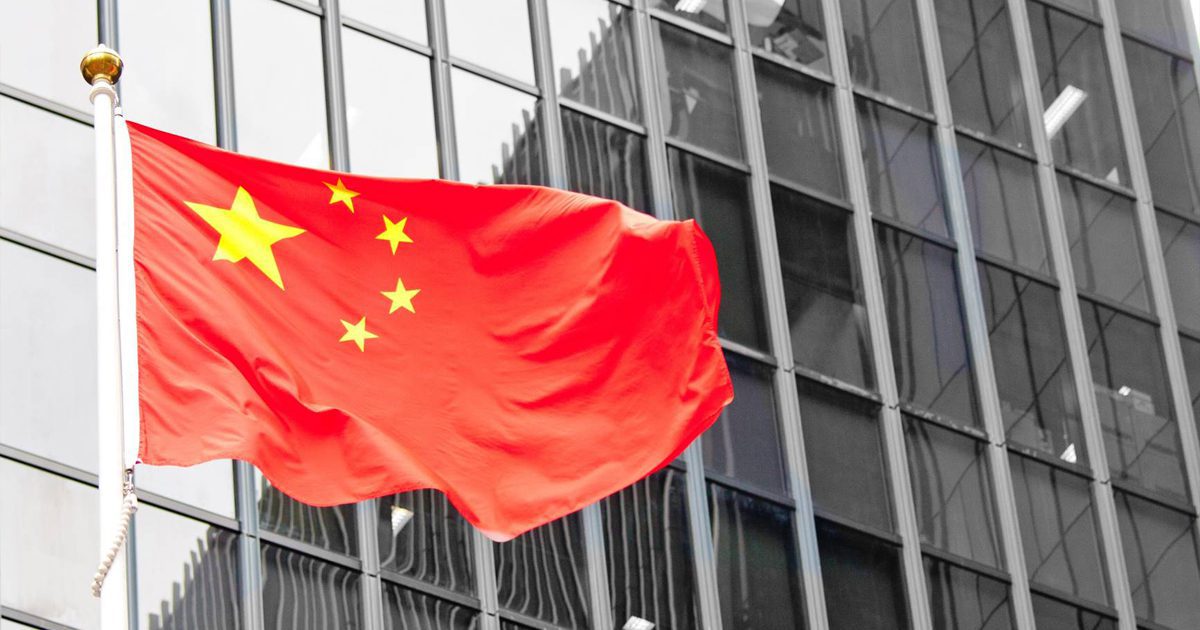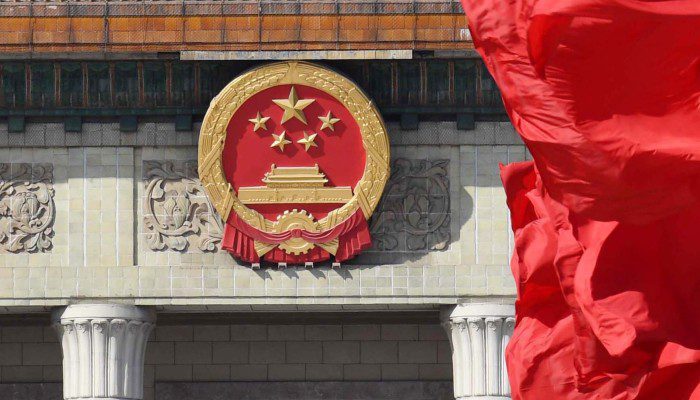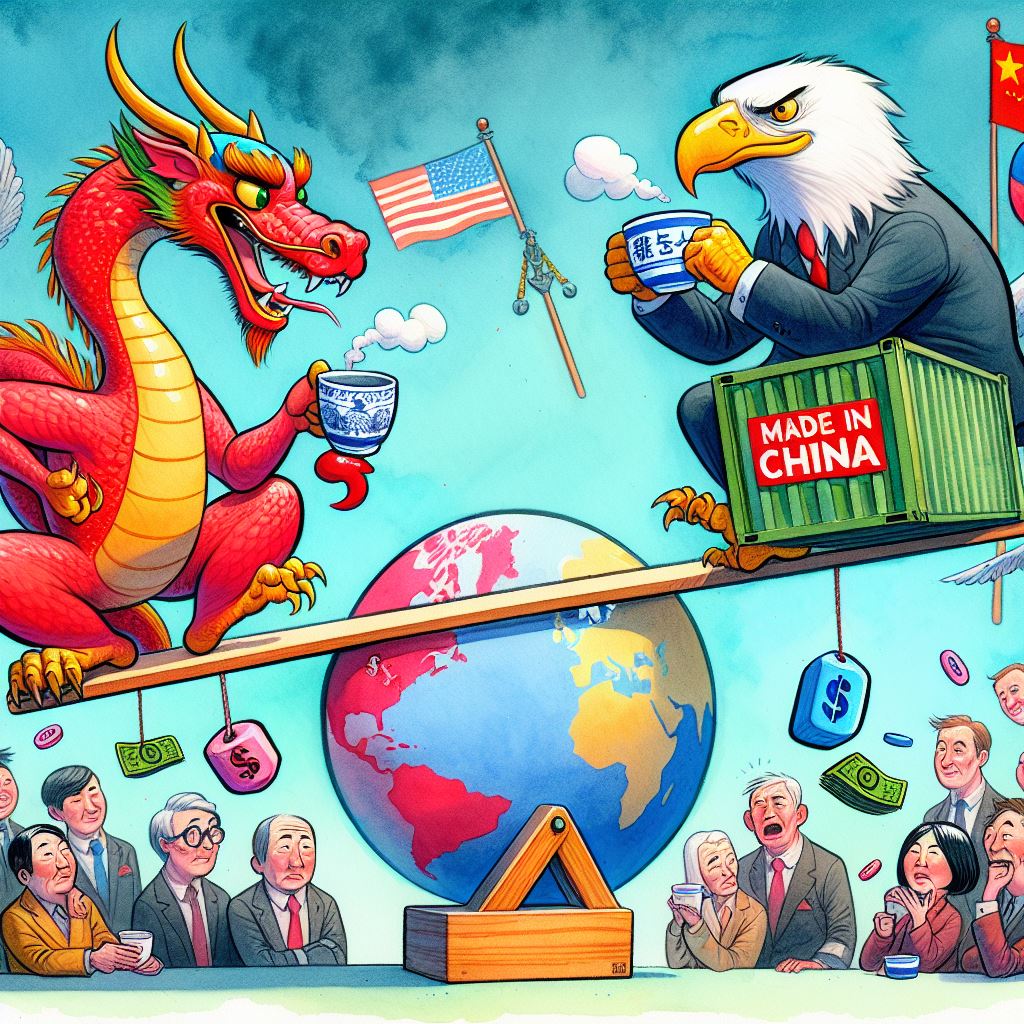On February 6, 2020, the Ministry of Finance and the State Administration Taxation announced a new preferential tax policy for enterprises in China. It intends to help production enterprises amid the COVID-19 epidemic.
Take a look at our previous article Becoming a Dormant Company during Coronavirus Epidemic
Furthermore, China’s local governments passed different measures to support SMEs hit by the coronavirus outbreak. Some private firms also stepped forward to help small businesses survive the crisis. Keep reading for more detailed updates.
New preferential tax policy for enterprises
China’s STA drafted the following relevant tax policies (财政部 税务总局公告2020年第8) to support enterprises concerned with the prevention and control of the COVID-19 epidemic:
- Enterprises with newly purchased equipment for expanding production can fully deduct the cost of equipment before the income tax.
- The same enterprises can also apply to the competent tax authorities on a monthly basis for a full refund of the incremental VAT amount.
- The revenues gained by the transportation services are exempted from VAT.
- The maximum loss relief period is extended from 5 years to 8 years. This applies to enterprises which suffered tax losses from COVID-19 this year.
- The revenues gained from the provision of transport, daily-life, and express delivery services for residents are exempted from VAT.
- The tax authority also extended the tax filing deadline for January 2019 from Feb 24th to Feb 28th. The taxpayer can apply for further extension to the tax authority in-charge. This applies where there is difficulty making the tax declaration due to the epidemic.
Supportive policy measures
The Chinese local governments rolled out supportive policies to ease the economic burden on small enterprises. For instance, the Shanghai local government now exempts SMEs in Shanghai from paying rent on state-owned assets for production and operation. It also allows owners of commercial properties to apply for tax reduction on property or land use. Furthermore, local banks can provide loans to SMEs at lower rates and make repayment adjustments. Shanghai has released 28 measures to fight the negative impact of COVID-19 on businesses. The detailed information which includes incentives and financial support can be found here.
Meanwhile, Beijing announced 16 measures to assist SMEs including foreign enterprises. Some of these measures include reducing rental fees, waving administrative fees and deferring tax payments. Guangdong also decided to let eligible enterprises apply for a delay in tax payments for up to three months.
Moreover, the People’s Bank of China stands ready to provide credit support to enterprises. This goes especially to manufacturing sectors and SMEs heavily affected by the COVID-19 outbreak. It released 30 policy measures in this regard and allotted RMB 300 billion worth of loans to various banks in all affected provinces. The credit support comes with preferential interest rates mostly for manufacturers of medical supplies and daily necessities.
Private firms assist small enterprises
Amidst the effect of the coronavirus outbreak on small businesses, huge firms also promised financial-related assistance.
For instance, Alibaba’s MYbank under Ant Financial has offered RMB 20 billion worth of loans to firms hit by the coronavirus outbreak. MYbank will give out RMB 10 billion to firms located in Hubei province, the epicenter of the outbreak. Other firms across China can avail of the remaining RMB 10 billion. MYbank also plans to give a 20% discount on the interest rate.
Furthermore, other well-known Chinese companies such as Huazhu Group, Wanda, China Resources Group, Trip.com Group Limited, and Meituan-Dianping also pledged to support struggling firms. According to the Xinhua report, these companies offered to cut fees related to franchise, rent, management, and commission.
Conclusion
The Chinese government media have so far reported nearly 80,000 infected cases and 2,747 deaths from the coronavirus epidemic. Based on this record, COVID-19 now surpasses the number of SARS cases from 2002. However, the World Health Organization noticed a decline in the number of COVID-19 infections in the past few days. Yet, the WHO is still concerned by the global spread as numbers surged in other countries such as South Korea, Japan, Italy, Iran, and Lebanon.
Despite the looming impact of COVID-19 on China’s overall economy, policymakers predict rapid recovery after it is contained. They remain optimistic due to strong policy measures designed to counter the economic effect of the epidemic. Further, some observers point to the lessons from the SARS crisis as evidence of how China saw a boost in its economy after the epidemic.If you want to know more about doing business in China during the coronavirus outbreak, contact our team for consultation and assistance. Follow us on social media to get the latest news!
Our experienced team has the necessary expertise and the know-how to support you with your business – have a look at the services we offer.
See how much salary you receive after tax and check your company value without leaving WeChat!
Also, our Mini Program can estimate the salary in your industry, for your experience level and position. A huge help for salary negotiations!







